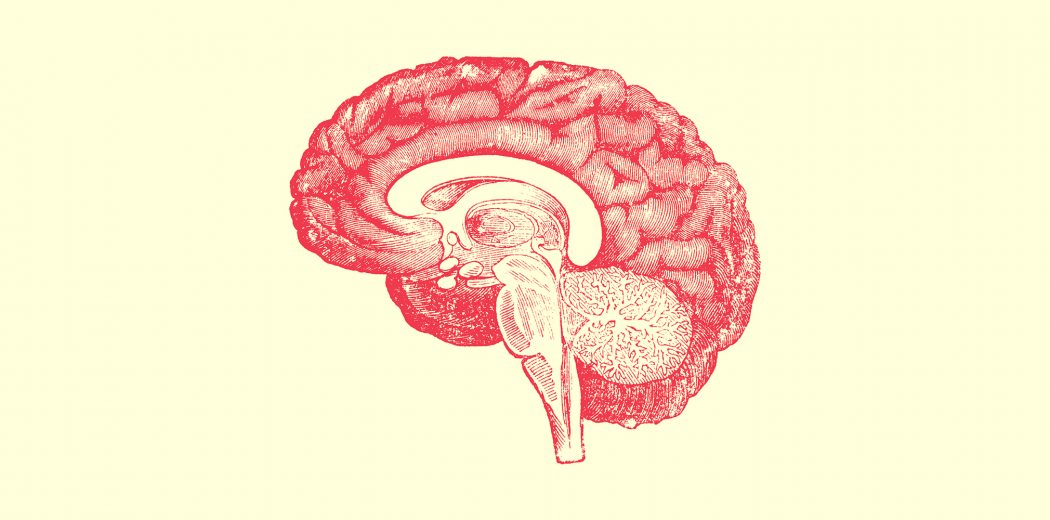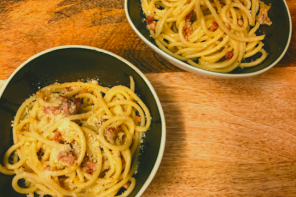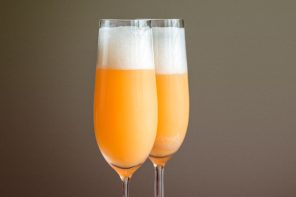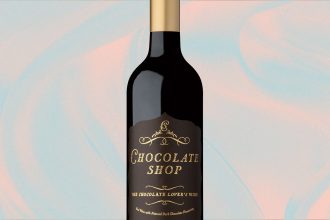We already knew this, but it doesn’t hurt to be backed up by cold, hard facts every once and while: science has announced that the occasional glass of wine is good for your brain. According to a new study in Scientific Reports, low levels of alcohol help decrease inflammation in the brain and facilitate in removing waste. Some of the toxins it flushes out? Those linked to Alzheimer’s disease.
What’s going on here is tied to the glymphatic system, or what basically acts as a janitorial service for the brain. For those interested in the science behind it, this system essentially pumps cerebral spinal fluid into brain tissue to clear out waste that’s accumulated, including certain proteins associated with dementia. If you like to hit the mat or the gym before you pop the cork, good news: exercise also helps boost the glymphatic system.
This particular study looked at mice exposed to both high and low levels of alcohol consumption over an extended period of time. The mice who had a low amount of alcohol, which amounted to about two and a half drinks per day, had decreased brain inflammation and a more efficient glymphatic system than mice who were not exposed to any alcohol. These groups had the same level of cognitive ability and motor function.
Those in the former category, on the other hand, had higher levels of inflammation and impaired cognitive abilities and motor skills. Key takeaway? Drinking too much remains bad, but opting to have a glass with dinner could be a better decision for your brain than foregoing it. “Low doses of alcohol appear to improve overall brain health,” said Maiken Nedergaard, co-director of the Center for Translational Neuromedicine at the University of Rochester Medical Center and lead author of the study.
This is one of many studies that have corroborated that wine is our friend, not foe. In 2017, Yale School of Medicine neurologist Gordon Shepherd published a book detailing how the act of drinking and smelling wine requires our entire brain to step it up, meaning your noggin is getting a full workout. If bubbly’s more your thing, researchers from Britain found that champagne once or twice a week can actually improve your memory.
And because the body deserves love too: a few years ago, The New York Times summarized a study that found resveratrol can slow brain and heart aging. It’s been found to activate protein agents that help heal and maintain body tissues, warding off the degenerative diseases associated with aging.
While these studies emphasize that a high alcohol consumption is best avoided, low levels of vino have been consistently linked with a healthier life — and, if we may say so, a happier one.








